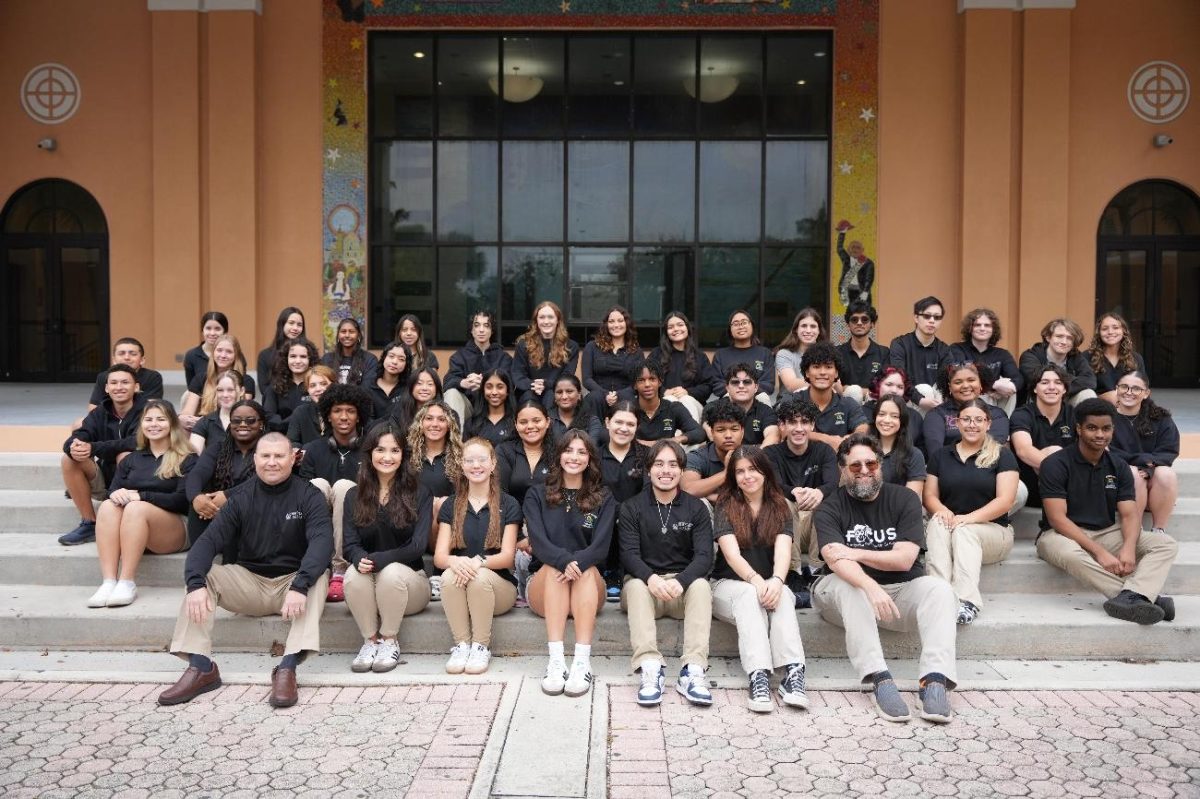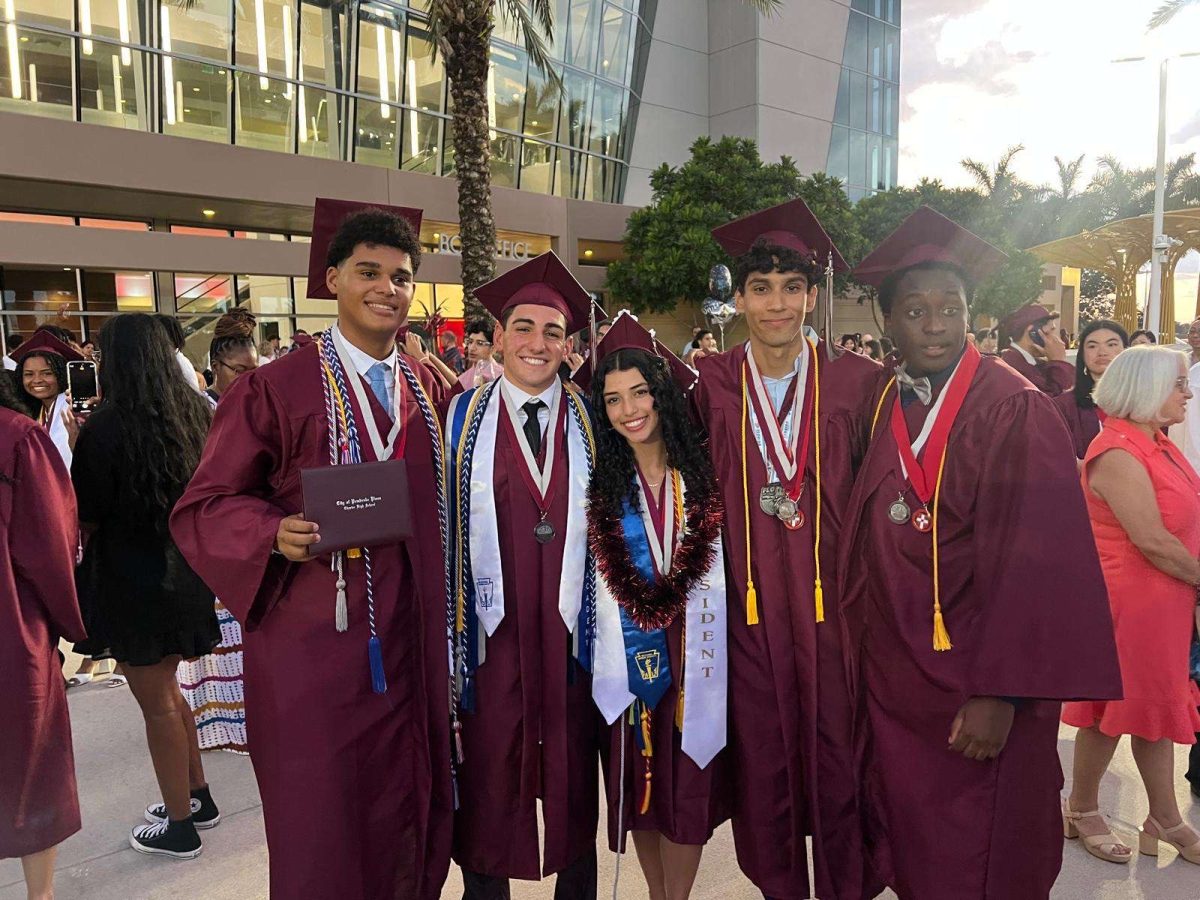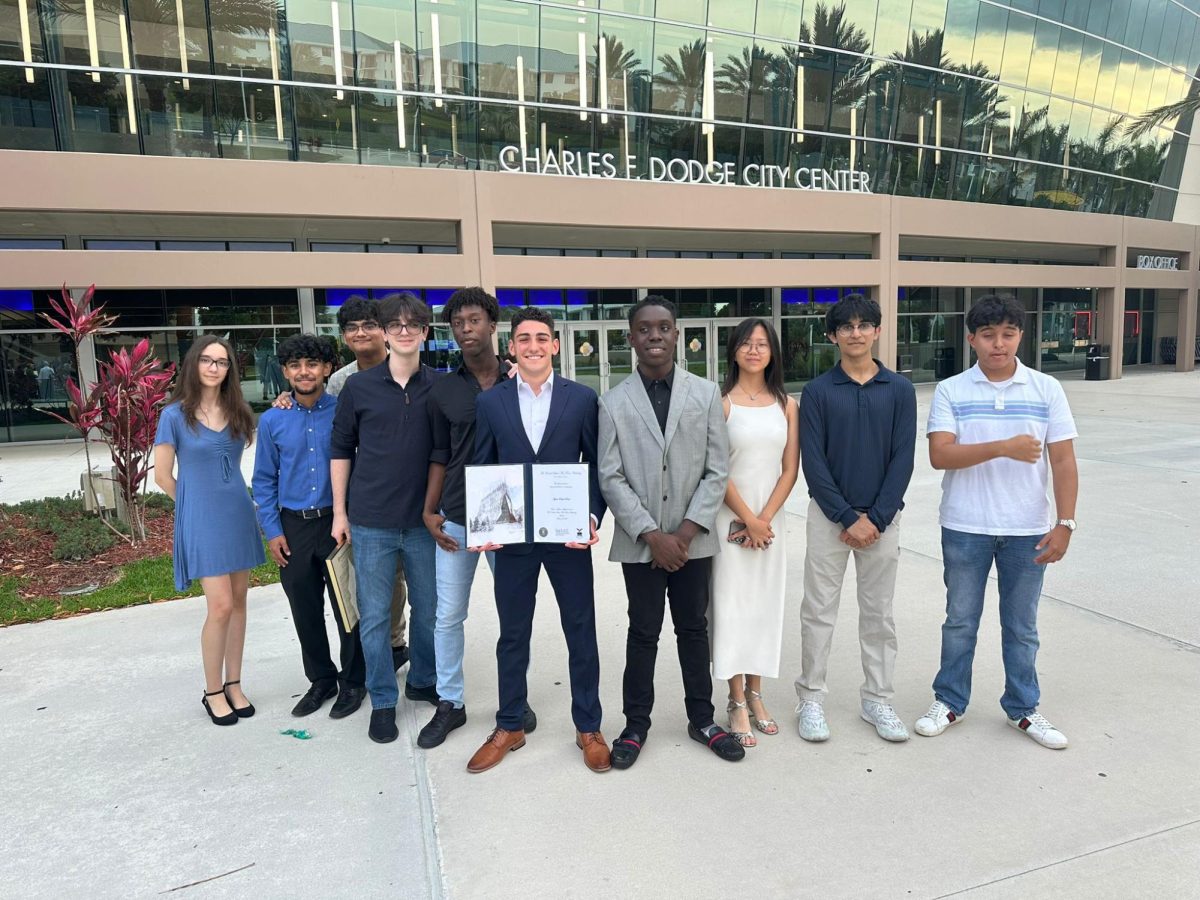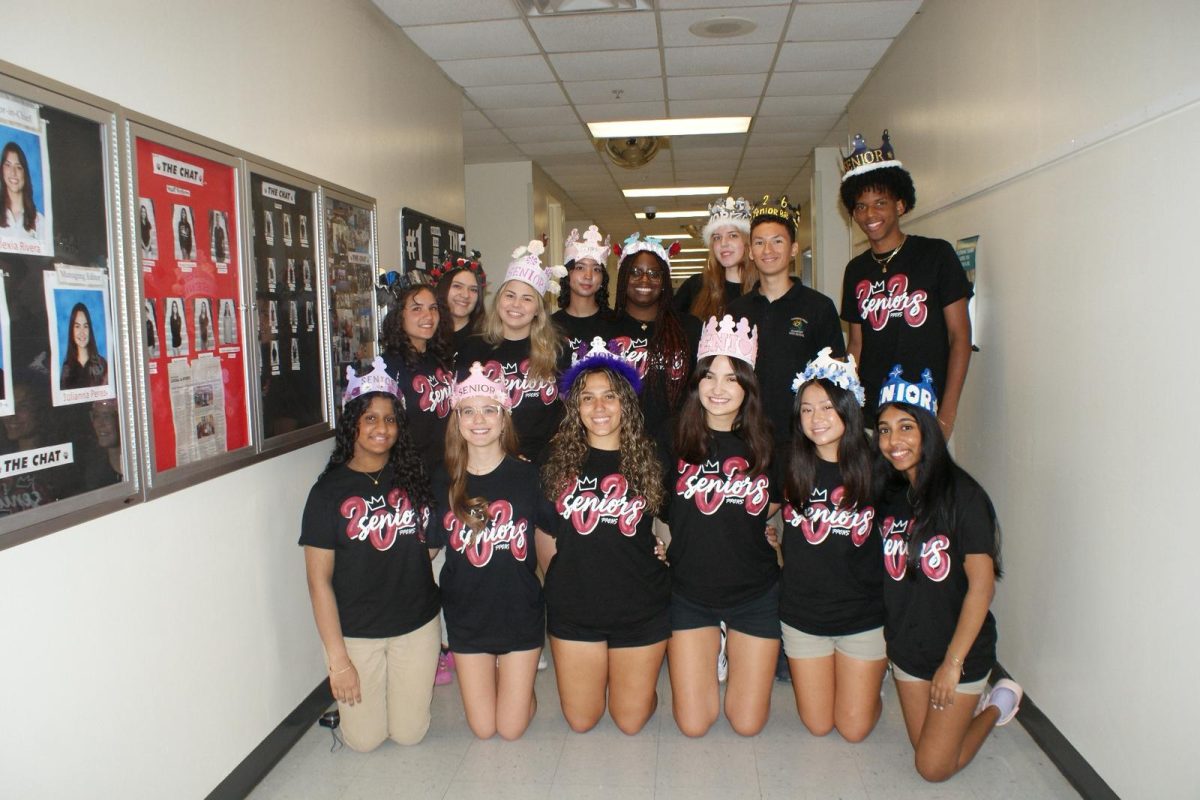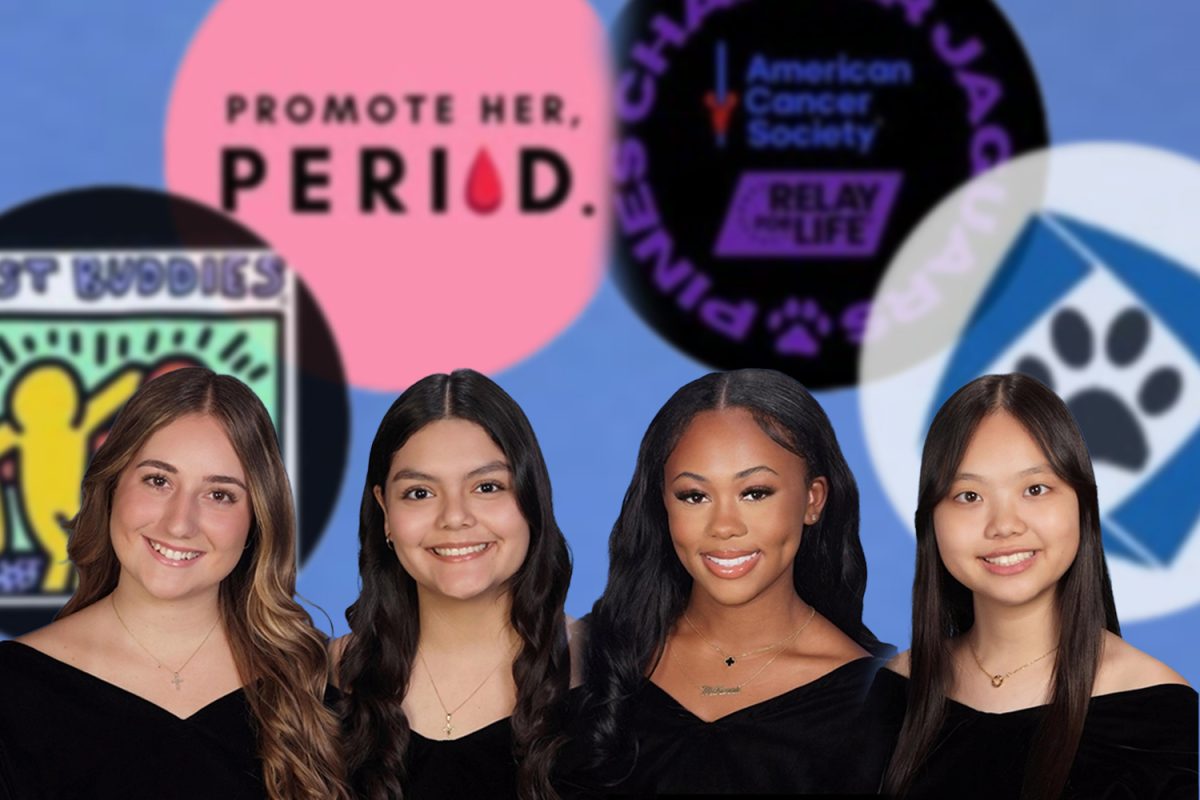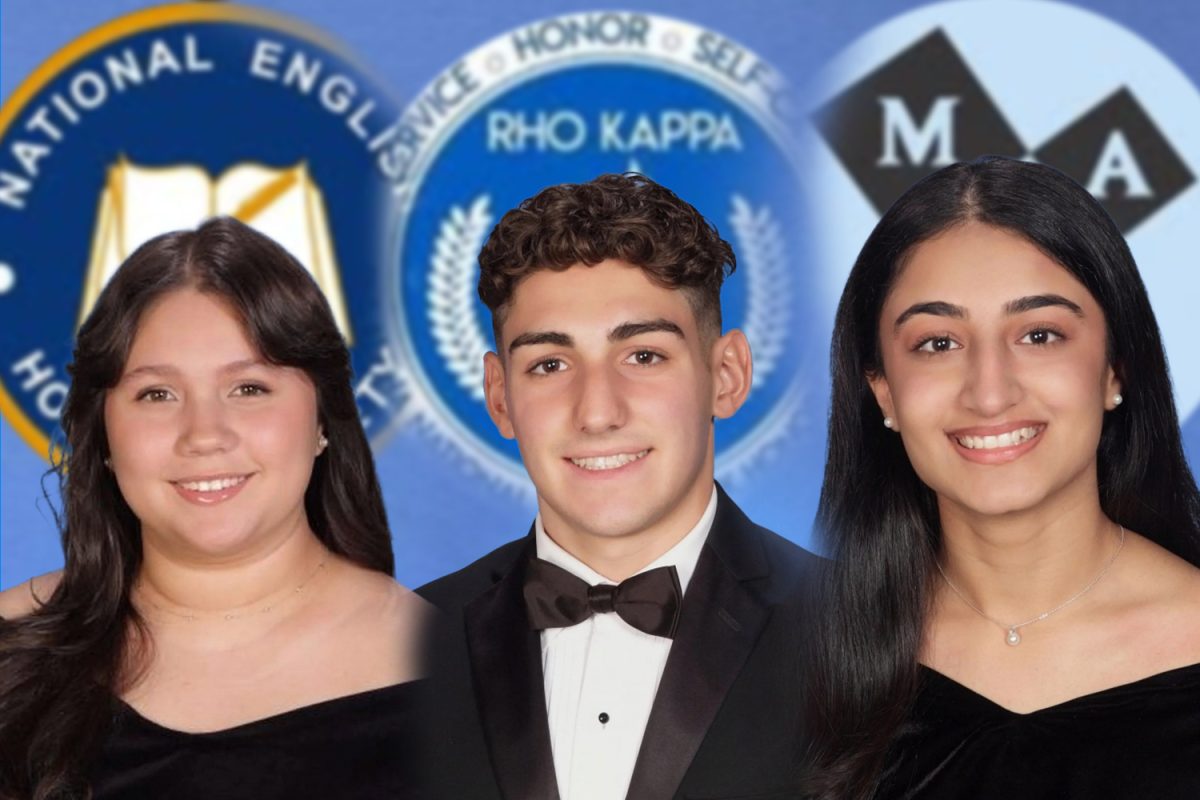Nearly thirty summers ago while snorkeling in the crystalline waters of the Florida Keys, Mr. Quigley found himself thinking not about how much brain coral he could find, but of something infinitely more pressing to him: “What can I do to get the kids on my side?” he asked himself. “What can I do to get kids to be good not because I’ll punish them, but to be good because they want to be good?”
When Mr. Quigley first began teaching, “[I] really didn’t have an idea what [I] was doing.” The very first chapter of his autobiography even places him in a meeting between his principal, assistant principal, and the teacher assigned to him as his mentor. “And the discussion they were having is: Should I be fired right there or should they fire me at the end of the year? Because I was terrible,” he says.
“And I was mainly bad because I was trying to be the teacher I thought teachers were supposed to be. The examples I saw of teachers were [that] they were really tough, super disciplined and in control and the kids were expected to sit there and be quiet. I tried to do that.”
But then, a kid saved him.
“Mr. Quigley, why are you trying to be mean?” the middle schooler queried. “You’re not mean. You can’t do this. You can’t.”
Quigley realized the moment he said it, “He’s right. It’s not me.” But the former Florida Keys resident struggled to figure out how to get students to listen if he wasn’t super strict or mean or tough. “I just felt like it wasn’t working, so I was in a position—either quit, go do something else, or figure it out.”
And that revelation brought him back to the warm waters in the Keys, staring down at the sea life beneath him. What can I do to get the kids on my side?
So he thought, “What do kids want? What do parents want? What do teachers want? What does everyone want? And if you think about it, what you guys really want from your parents, is you want [them] to respect you, to believe you; you want to say to your mom, ‘Mom, Dad, can I please go to … and what do your parents want from you? They want to know that when you go out into the world you’re going to be a good person, you’re going to do good things, you’re going to be respectful. We all want respect,” Quigley says.
Fast forward to today, seniors greet the AP Government and Economics teacher with a firm handshake—with eye contact and bodies facing towards him—and are returned with a “good morning (or afternoon)” followed by their last names. They then enter the classroom, sit wherever, and throw a football around or initiate lightsaber duels until Mr. Quigley begins his instruction. In the left corner of his room, Quigley’s desk remains vacant since he sits in one of his students’ own, and on Fridays he matches the student dress code wearing khaki pants and a spirit shirt.
“I really like Mr. Quigley’s rules on giving us respect in the classroom,” says senior Leanne Sorensen. “My favorite way of him showing us respect is by shaking our hands and calling us by our last names. I also like that he lets us come up with silly punishments for when he breaks his own rules.”
Another student, Chay Jalloh, agrees with Mr. Quigley’s outlook on respect. “I think it’s refreshing to see a teacher regard their students so highly,” the senior says.
In order to solidify the consensus that respect is the key to any classroom, Quigley tasked his Government students with delivering the words “Respect is the Key” to his face, as part of an extra credit assignment. The only exception was that the words could not be said to him while he was in his classroom, even if half his foot crossed the threshold of his door. Therefore, seniors were left to catch Quigley during A or B lunch or during his strolls past the fountain in the morning.
Some students had it easy, cleverly using last week’s third period fire drill to shout out the phrase. Others, like senior Mario Idiarte, waited patiently outside the U-building.
“The day after he announced the extra credit opportunity, I made sure that I wasn’t going to miss it. He told us that he’d be walking around the fountain, so I waited for him at the bottom of the U-building stairs to make sure I’d get it, and I did! That day, I was the first one to receive it,” he says, proud.
Mario is, “all for Mr. Quigley’s respect rule—he made sure to let us know that it’s his #1 priority and told us he’ll remember us by who we are, rather than our test scores. Not a lot of teachers emphasize the importance of respect like him. It makes me respect him even more.”
As did the Florida Keys and his old middle school student, Mr. Quigley’s father had a profound impact on his long-running doctrine of respect. “My dad is one of the most influential people in my life. I’m very much like my dad; I look like my dad, I sound like my dad, my dad and I like the same things, and my father always talked about respect.”
And so with this accumulation of knowledge about respect, Quigley offers concrete, universally-shared wisdom about the abstract noun. “The thing I’ll tell you about respect is this: everybody understands it. It’s one of those words we all kind of feel really deeply. I also think you guys, being teenagers, you really understand it.”
“To me there’s no difference between you guys and a sixth grader because there is no difference between you and I at all. Just that I’m older than you, way older, way, way older.”
A valuable lesson to all 162 of his young AP Government and Economics kids.

